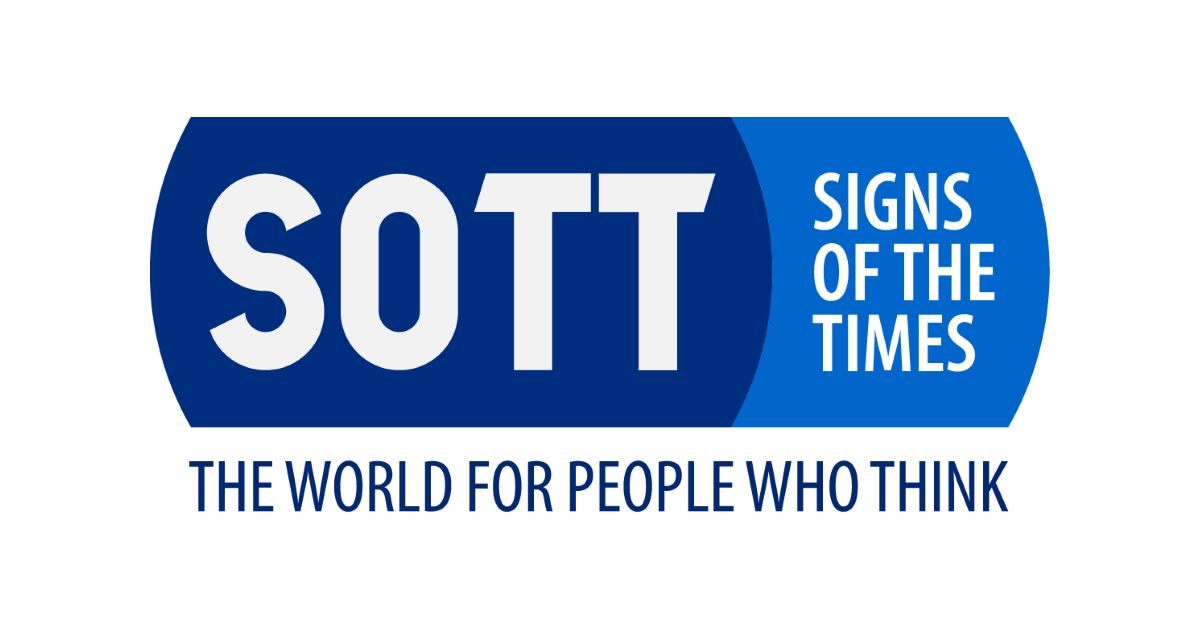Catherine Tourette-Turgis, director of the master's degree in therapeutic education at Sorbonne-University, analysed the existing studies on containment. The psychological consequences are numerous and must be anticipated.
What to expect when the population of an entire country is asked to stay home for ten days, two weeks, a month or even longer? What will be the effects on their mental and social behaviour? And what pathologies might appear?
While a billion people are now confined in the world, since Tuesday 17 March in France, to limit the spread of Covid-19, the psychologist Catherine Tourette-Turgis has dissected the scientific studies on the psychological effects of quarantine. And the founder of the Patients' University, director of the master's degree in therapeutic education at the Sorbonne-University, wants to recall the importance of support in the face of a phenomenon that can be as difficult to live with as a natural disaster.
What do we know about the effect of confinement on our psychology today?
First of all, we can base ourselves on a national survey that was carried out in China, during confinement, on the general population in the 36 provinces: it has just been published, based on 52,730 responses, on an online self-questionnaire. It was necessary to validate the frequency of anxiety, depression, physical symptoms...
We know that 35% of respondents presented moderate psychological stress. And there are 5.14% who present severe psychological stress.
And who are the most at risk?
Women showed a higher level of distress. Otherwise, among those most affected: individuals between the ages of 18 and 30, and those over 60. Migrant workers were also very affected. And the level of stress is higher in the centres of the epidemic: in France, we could imagine a similar effect in the most affected areas, for example in Mulhouse.
Next, there is a summary note, published
on 14 March 2020 in The Lancet, on the psychological impact of containment. It was based on 24 studies in ten different countries: it includes studies on Sras, Ebola and H1N1.
We learn that stress during the containment phase will depend, first and foremost, on its duration. A confinement period of more than ten days, all studies taken together, is predictive of post-traumatic stress disorder. In a nutshell, this means that in the long term it will generate stress, anxiety, insomnia, you feel unable to do anything ...
And these symptoms can appear without even being directly exposed to the disease?
Yes, and confinement will bring on more trauma. I have heard testimonies from women who say that they relive the announcement of their cancer in the announcement of confinement: fragile people are sometimes the ones who have experienced other traumas.
There is also an increased fear during confinement for pregnant women and those around them: they are afraid of being infected and of transmitting the virus. The same is true for women who have young children, babies who are only a few months old.
Other factors that contribute to stress include boredom: I have nothing to keep me busy, I'm running on empty, so I let myself worry. People talk about the difficulties of teleworking, but it is also a problem for people who are not working, the unemployed, retired people... hence the age groups most affected.

 Both parties hope to make something out of this, don't they?
Both parties hope to make something out of this, don't they?



